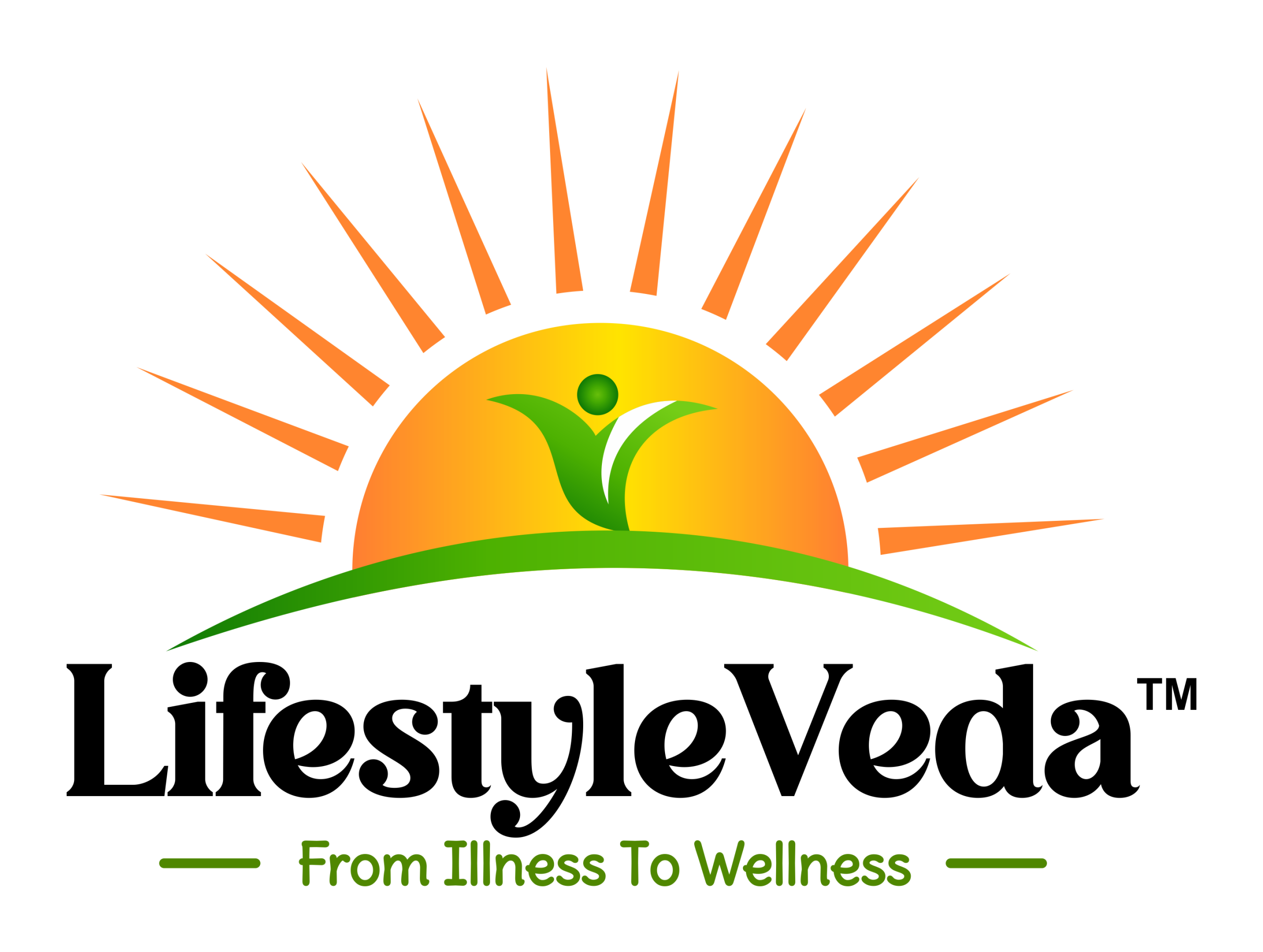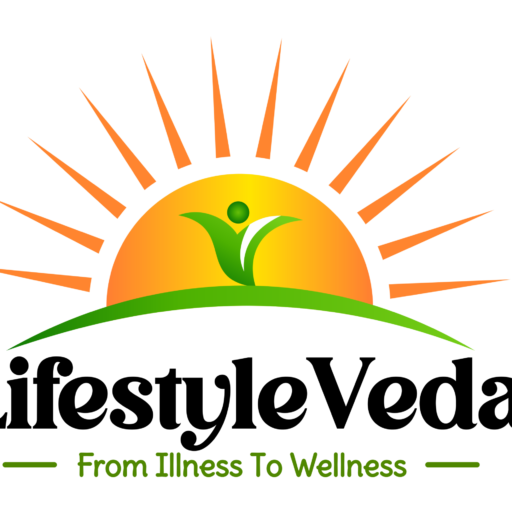
Polycystic Ovarian Disease (PCOD): Causes, Symptoms, and Treatment
Polycystic Ovarian Disease (PCOD) is a common hormonal disorder that affects women of reproductive age. It is characterized by irregular menstrual cycles, multiple small cysts in the ovaries, and hormonal imbalances. PCOD can lead to difficulties in ovulation, weight gain, and other metabolic issues.
Causes
The exact cause of PCOD is not fully understood, but it is linked to:
- Hormonal Imbalance – Increased androgens (male hormones) disrupt ovulation.
- Insulin Resistance – High insulin levels can lead to excess androgen production.
- Genetic Factors – A family history of PCOD increases the risk.
- Inflammation – Low-grade inflammation is commonly seen in women with PCOD.
Symptoms
- Irregular or missed periods due to infrequent ovulation.
- Weight gain, especially around the abdomen.
- Excessive hair growth (hirsutism) on the face, chest, or back.
- Acne and oily skin due to increased androgens.
- Thinning hair or hair loss (female pattern baldness).
- Dark patches of skin (acanthosis nigricans) in the neck, armpits, or groin.
- Difficulty in conceiving (infertility) due to irregular ovulation.
Diagnosis
PCOD is diagnosed based on:
- Medical History & Symptoms
- Physical Examination – Checking for signs like weight gain, acne, and hair growth.
- Ultrasound Scan – Detects multiple small cysts in the ovaries.
- Blood Tests to check:
- Hormone levels (Testosterone, LH, FSH, Estrogen).
- Insulin resistance and blood sugar levels.
- Cholesterol and lipid profile.
Treatment & Management
There is no permanent cure for PCOD, but lifestyle changes and medications can help manage symptoms.
1. Lifestyle Changes (First-line treatment)
- Healthy diet – Low-carb, high-fiber foods to control insulin levels.
- Regular exercise – Helps in weight loss and improves insulin sensitivity.
- Stress management – Yoga, meditation, and good sleep help balance hormones.
2. Medications
- Birth control pills – Regulate menstrual cycles and reduce androgen levels.
- Metformin – Helps manage insulin resistance.
- Anti-androgen medications – Reduce hair growth and acne.
- Ovulation-inducing drugs (e.g., Clomiphene) – Help with fertility.
3. Medical Procedures (For Severe Cases)
- Laparoscopic ovarian drilling (LOD) – A minor surgery to reduce androgen levels.
Complications (If Left Untreated)
- Infertility or difficulty in conceiving.
- Type 2 diabetes due to insulin resistance.
- Heart disease & high blood pressure.
- Endometrial cancer due to prolonged irregular periods.
Prevention & Long-term Care
- Maintain a healthy weight to reduce insulin resistance.
- Follow a balanced diet to manage hormone levels.
- Regular check-ups to monitor symptoms and prevent complications.
PCOD is manageable with the right lifestyle and medical care. If you need personalized dietary or exercise tips, let me know! 😊

